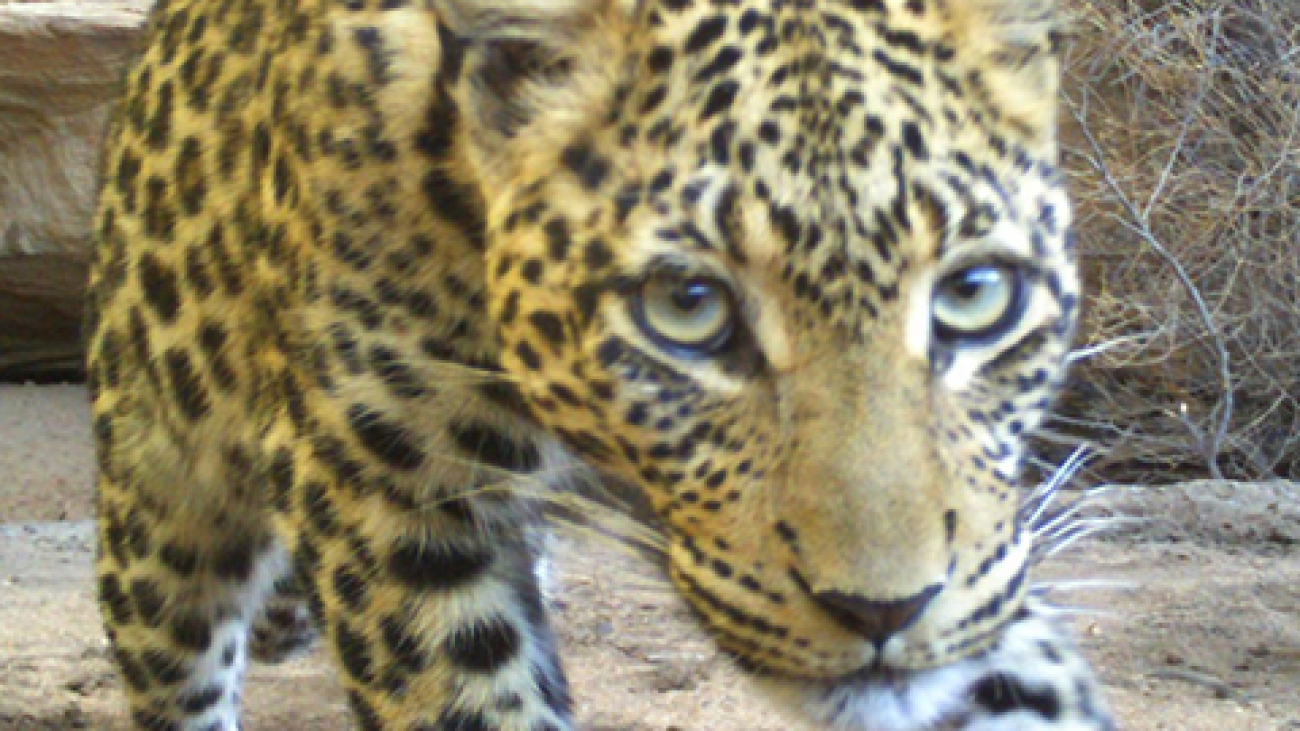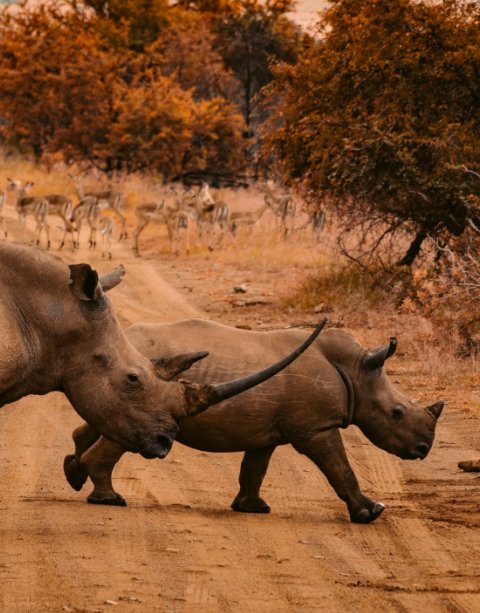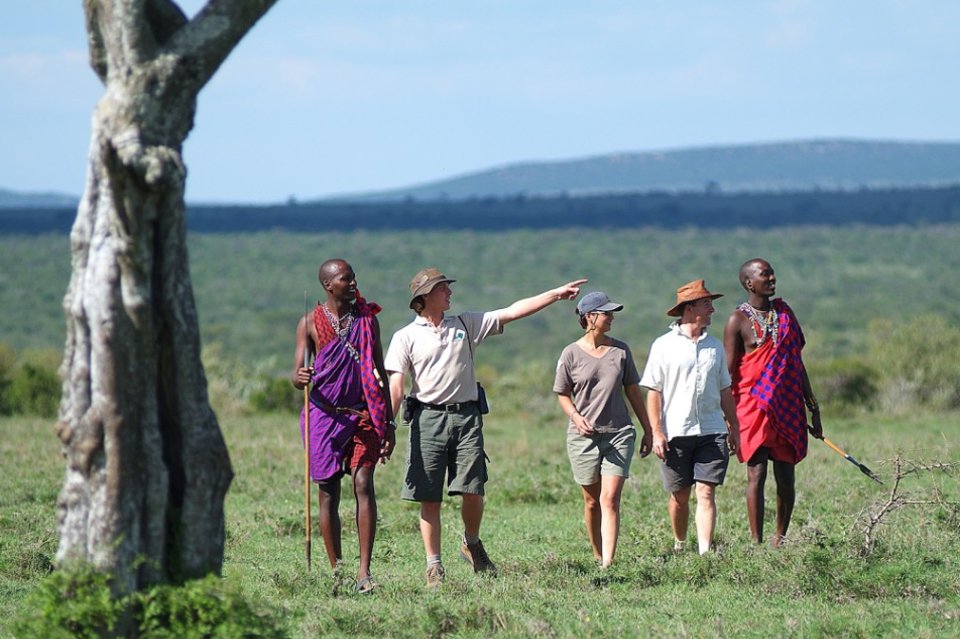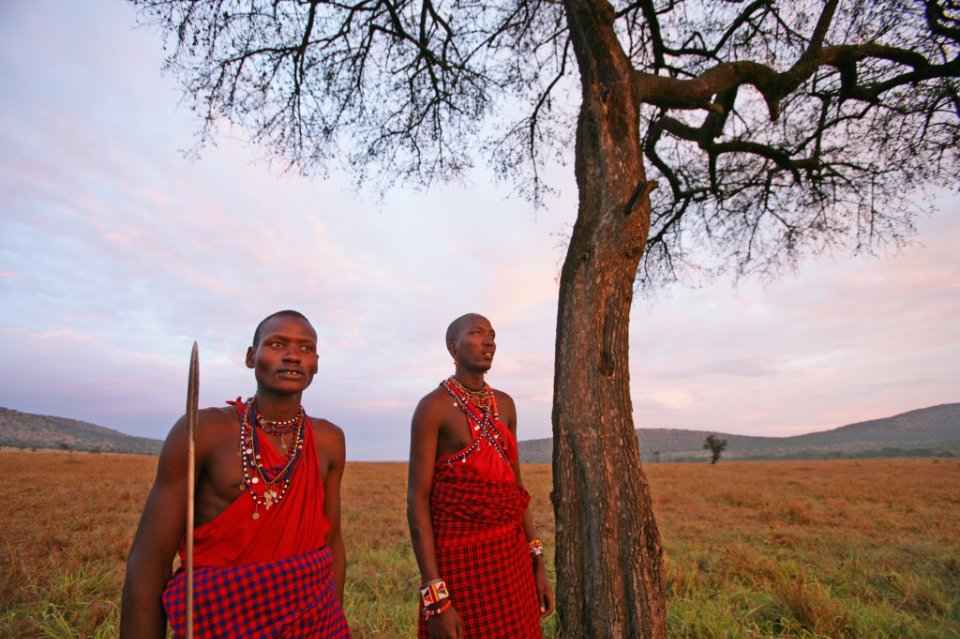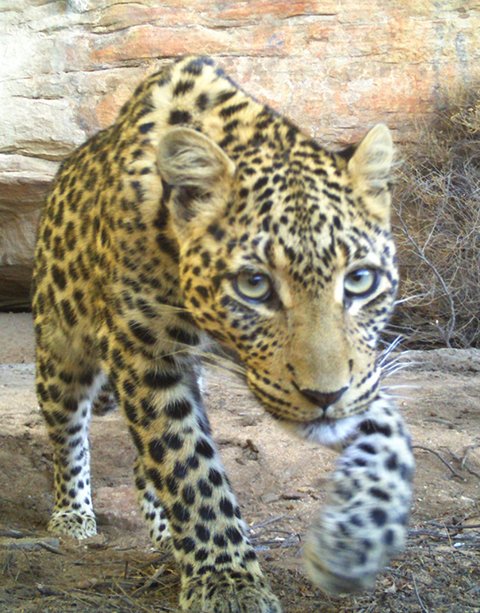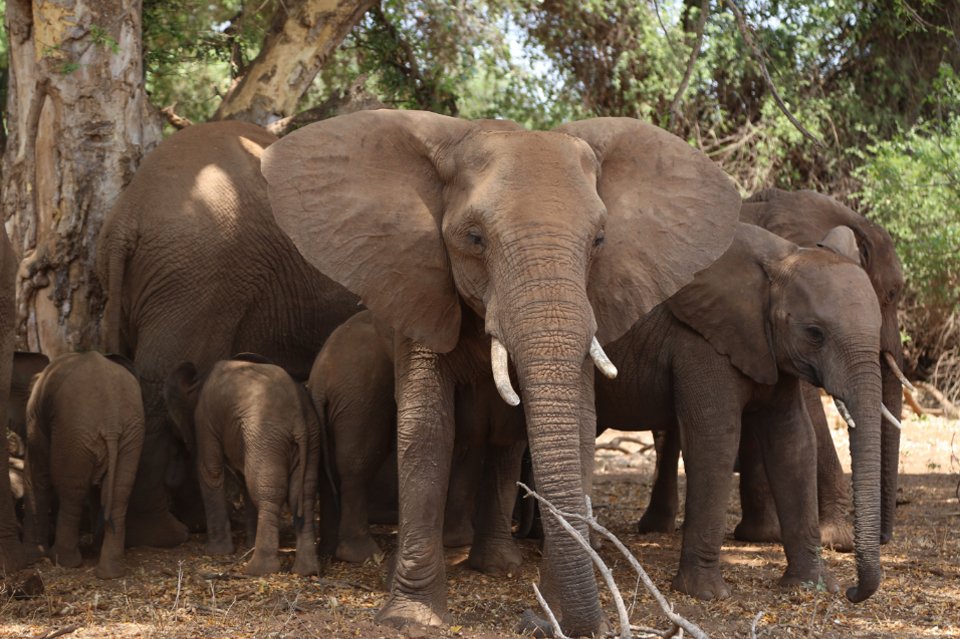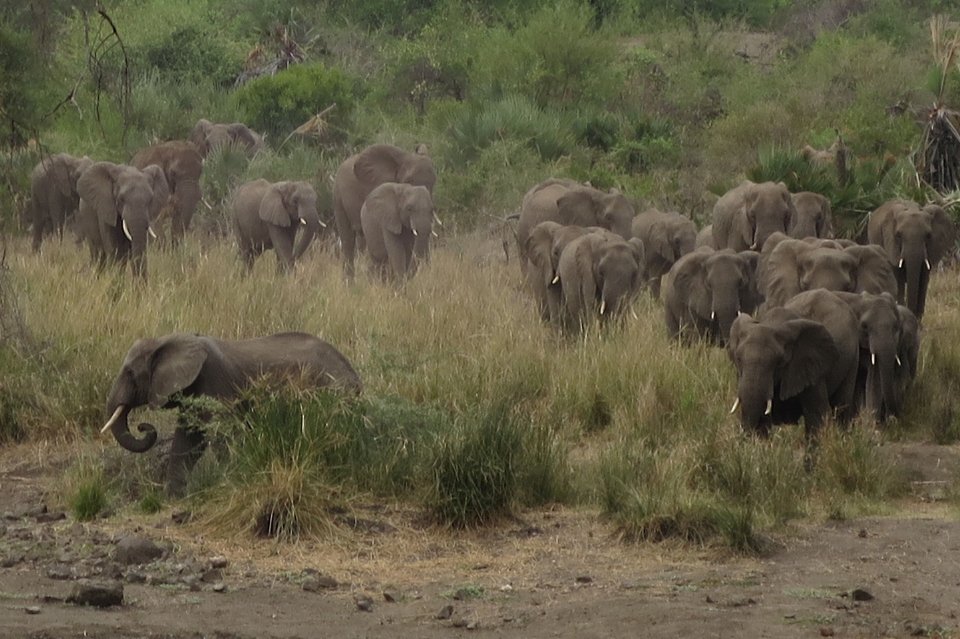Cape Leopard Trust

CAPE LEOPARD TRUST
Ensuring the long-term survival of Cape leopard populations by promoting peaceful coexistence and the protection of landscapes, empowered by scientific research, positive community partnerships, education and advocacy.



JAMMA INTERNATIONAL
Our
Approach
The Cape Leopard Trust is an active predator conservation working group, established in 2004 and the leading authority on leopard conservation in Western Cape, South Africa. Its mission is to use research as a tool for conservation, finding solutions to human-wildlife conflict and inspiring interest in the environment through an interactive and dynamic environmental education programme.
Their holistic approach to leopard conservation combines impact-driven research, applied conservation, community engagement and environmental education to protect leopards and the landscapes they depend on, as well as advocating for the protection of broader biodiversity and uplifting and capacitating local communities.
Conserving the Cape leopard in a changing landscape.


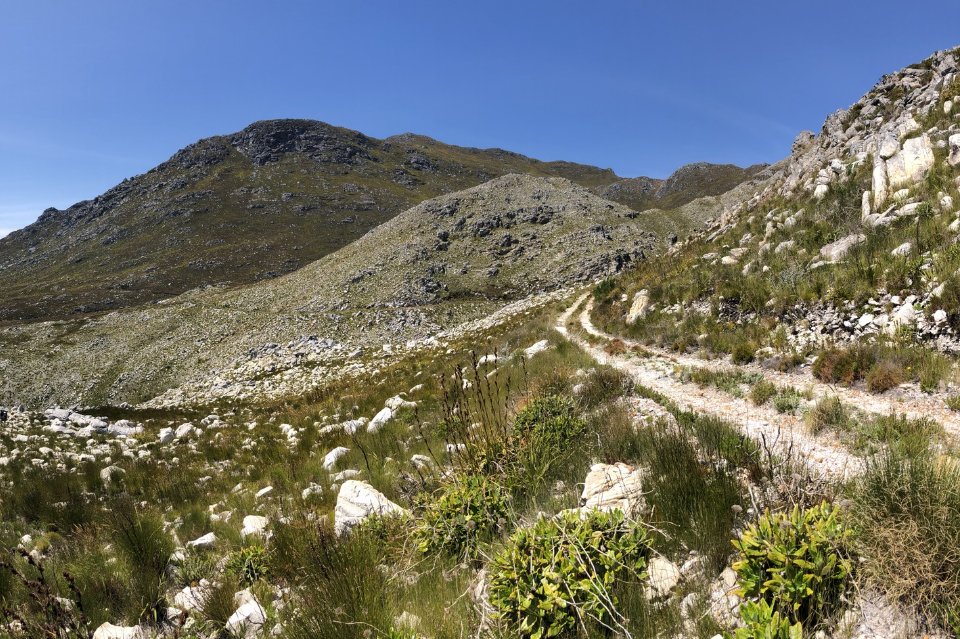
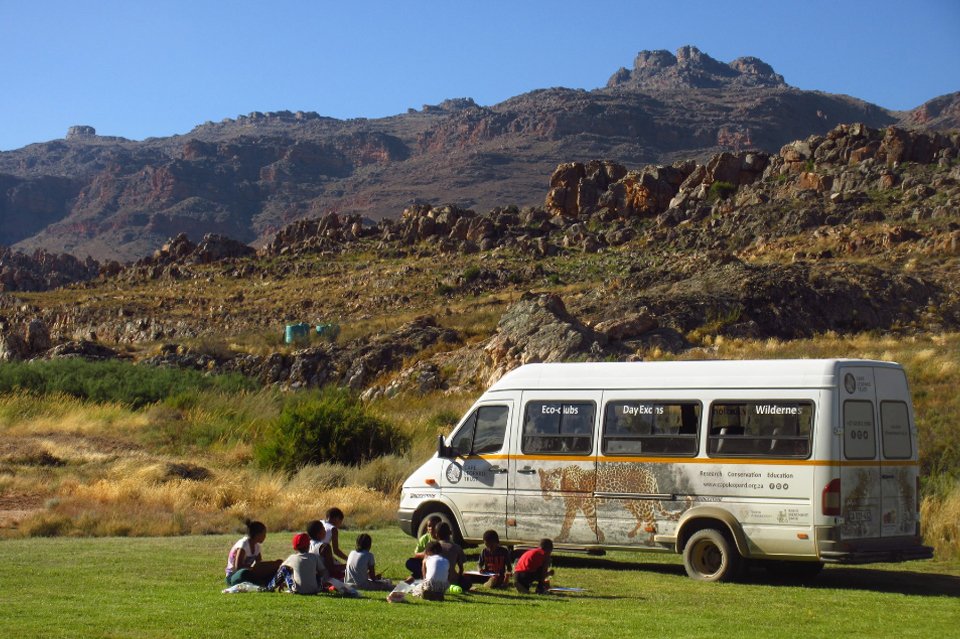
Current objectives for the Cape Leopard Trust are to collate and consolidate all existing leopard data from across the Western Cape Province. This will be used to identify knowledge gaps, inform further field studies, and direct conservation efforts. Conservation efforts focus on quantifying and addressing identified threats to leopards, such as human-wildlife conflict and prey-based depletion through illegal snaring. Equally as important as scientific research is education and social development. The Cape Leopard Trust Environmental Education Programme was established in 2009 with the aim of providing children and adults with quality experiences that teach them more about the wilderness and themselves.
Educating and empowering local people, young and old, to think differently about protecting natural resources by connecting them with nature and instilling an attitude of reverence, wonder and respect for leopards and the environment.

Leopards have survived across the landscapes of the Western Cape where other large carnivores have not. They continue to be admired and persecuted at the same time. An emerging threat is illegal hunting with wire snares. The key drivers of this are hunger, the use of animal parts in traditional medicine and hunting for skins.
The Cape Leopard Trust’s approach is to engage both commercial and subsistence farmers, local communities and the general public in their conservation efforts, with potential for local skills development.
“We create opportunities for people to experience nature and awaken them to its stories. This interest can then lead to a culture of caring for the environment.” - Elizabeth Martins, Cape Leopard Trust


“Over the last fifteen years the Cape Leopard Trust has had the privilege of working in one of the biodiversity hotspots of the world. We have built strong, meaningful relationships, and as we plan our road map for the future, our goal is to forge new partnerships that will enable us to amplify our efforts.”
The Cape Leopard Trust
Sustainable Development Goals
![]()
Our work ensures that the conservancy not only secures a vital wildlife corridor for the migration of elephants and wildebeest, but also acts as a catalyst for local sustainable development, and positively influences the lives of Siana residents.
Jamma wholeheartedly supports this committed non-profit organisation in its goal to develop and grow our understanding of elephant ecology. Their important research contributes towards the long-term survival of the African elephant and thereby maintaining the vital biodiversity of large parts of rural Africa.
JAMMA INTERNATIONAL
Interested in finding out more about our values, projects and processes?
Please fill out the interactive form below.
Contact us


